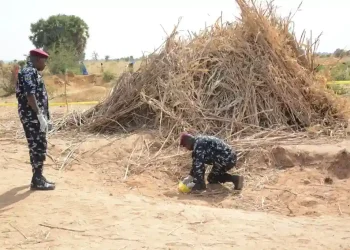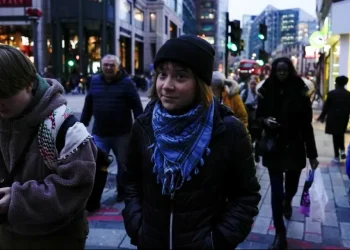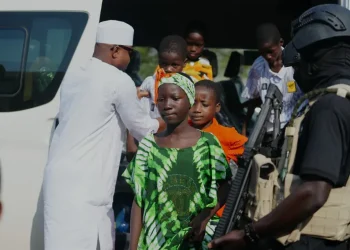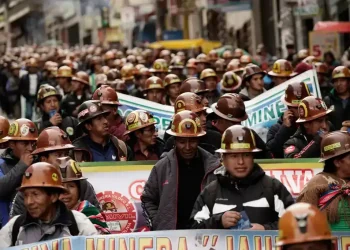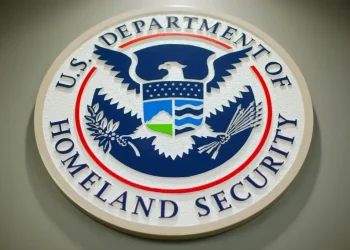South Korea Parliament Rejects President’s Martial Law Declaration
SEOUL, Dec 4 (Reuters) – President Yoon Suk Yeol’s declaration of martial law on Tuesday night has sparked one of the most significant challenges to South Korea’s democracy since the 1980s. Lawmakers quickly rejected the declaration in a vote, and protests erupted outside the parliament building.
Yoon justified his declaration as a response to opposition parties, but it was met with strong resistance from key figures, including the speaker of parliament and Han Dong-hoon, the leader of Yoon’s own party. Han had previously criticized the president over his handling of recent scandals.
Under South Korean law, the president must immediately lift martial law if parliament demands it by a majority vote. Tensions escalated when live television footage showed helmeted troops, seemingly ready to enforce martial law, attempting to enter the National Assembly building. Parliamentary aides fought back by spraying fire extinguishers to block their way.
In a televised address, Yoon accused opposition parties of taking the parliamentary process hostage and vowed to eliminate what he called “shameless pro-North Korean anti-state forces.” He argued that martial law was necessary to protect constitutional order.
The opposition Democratic Party strongly condemned the move, calling it “illegal” and a violation of the Constitution. The party described it as “essentially a coup d’état.”
As soon as Yoon made his announcement, protesters began to gather outside the parliament building, demanding the withdrawal of martial law. Some chanted, “Arrest Yoon Suk Yeol,” while others called for an end to the emergency measure.
Im Jin-soo, a 66-year-old protester, expressed his concern for his children’s safety but decided to join the demonstration after hearing the news.
This article was rewritten by JournosNews.com based on verified reporting from trusted sources. The content has been independently reviewed, fact-checked, and edited for accuracy, neutrality, tone, and global readability in accordance with Google News and AdSense standards.
All opinions, quotes, or statements from contributors, experts, or sourced organizations do not necessarily reflect the views of JournosNews.com. JournosNews.com maintains full editorial independence from any external funders, sponsors, or organizations.
Stay informed with JournosNews.com — your trusted source for verified global reporting and in-depth analysis. Follow us on Google News, BlueSky, and X for real-time updates.


